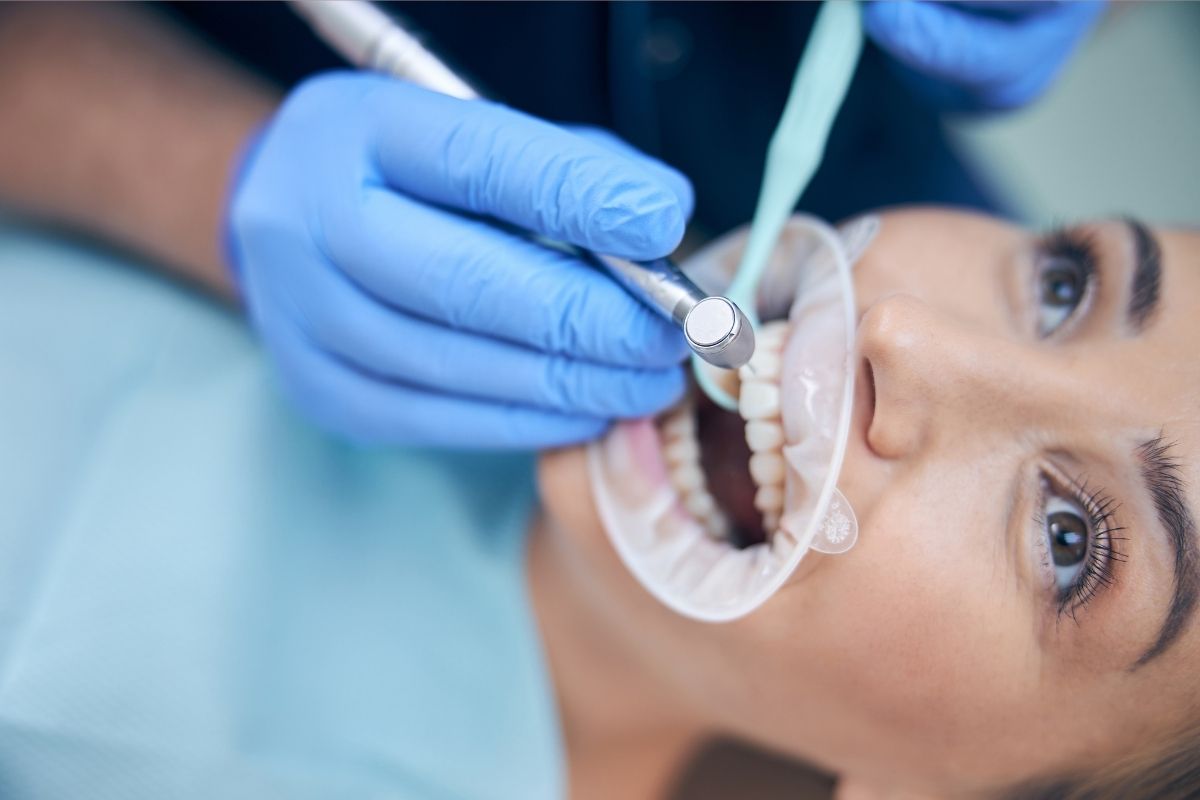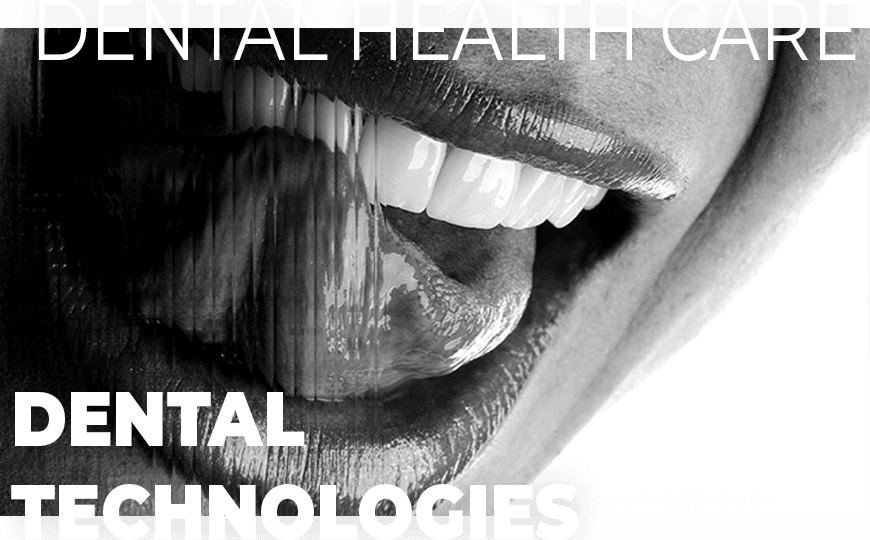
Blogs
Dental Crowns Aftercare – What Should You Know?

Table of Contents
Dental crowns are custom-made tooth restorations designed to cover and protect damaged or weakened teeth. These crowns function like a cap, securely placed over the prepared enamel to restore strength, appearance, and functionality. In most cases, the natural enamel is reshaped or partially removed to create a stable foundation for the permanent crown.
In certain situations, temporary dental crowns are used as a short-term solution, particularly in emergency cosmetic dentistry or to safeguard the tooth until a permanent crown is fitted.
To ensure the longevity and durability of your dental crowns, follow these essential aftercare tips.
Care after Temporary Dental Crowns
Temporary dental crowns serve as a protective cover while you wait for your permanent crown to be placed. Proper aftercare is essential to prevent damage, discomfort, or complications. Here’s what you need to know:
Avoid eating hard, sticky, or chewy foods that could dislodge or break the temporary crown. Stick to softer foods and chew on the opposite side of your mouth when possible. Additionally, be gentle while brushing and flossing—avoid pulling the floss upward as it may loosen the crown. Instead, slide the floss out carefully.
If you experience discomfort, mild pain relievers can help, but persistent pain or crown dislodgement should be reported to your dentist immediately. Temporary crowns are not as durable as permanent ones, so handle them with care to ensure a smooth transition to your final restoration.
Permanent Dental Crown Aftercare
A permanent dental crown is designed to restore function and aesthetics, but proper aftercare is crucial to ensure its longevity. Immediately after placement, you may experience mild sensitivity, which should subside within a few days. Avoid extremely hot or cold foods if discomfort persists.
Maintain excellent oral hygiene by brushing twice daily with a soft-bristled toothbrush and using non-abrasive toothpaste to prevent damage to the crown’s surface. Flossing is essential, but be gentle around the crown to avoid dislodging it. Additionally, avoid biting on hard objects like ice, nuts, or pens, as excessive force can cause cracks or fractures.
Regular dental check-ups are key to monitoring the condition of your crown and overall oral health. If you notice any discomfort, a loose fit, or wear and tear, consult your dentist promptly to prevent further complications. With proper care, your permanent dental crown can last for many years, providing strength and stability to your smile.
How to Get More Information About Dental Crown Care?
If you have any questions or concerns about your dental crowns, proper aftercare, or long-term maintenance, don’t hesitate to reach out to a professional. Understanding the best practices for keeping your crowns in excellent condition is essential for their durability and your overall oral health.
At Dent Helen Clinic in Antalya, we are always here to guide you. Whether you need advice, a consultation, or a follow-up appointment, our expert team is ready to assist you. Feel free to contact us with any questions—your dental health is our priority, and we’re happy to help you maintain a healthy, confident smile!
Do Dental Crowns Stain Over Time?
Zirconium crowns are highly resistant to discoloration compared to natural teeth. Unlike enamel, which can absorb stains from coffee, tea, red wine, or smoking, zirconium crowns maintain their natural color for a long time. However, regular oral hygiene is essential to keep them looking their best.
How to Properly Clean Zirconium Crowns on Dental Implants?
For optimal hygiene and longevity, it is recommended to use an oral irrigator (Waterpik) to clean zirconium bridges on dental implants. This helps remove plaque and food particles from hard-to-reach areas, ensuring better oral health and preventing potential complications.
Can Dental Crowns Cause Jaw Discomfort?
Some patients may experience temporary jaw discomfort or mild joint pain after getting dental crowns. This is usually a short-term issue and resolves over time as the mouth adjusts to the new restoration. If discomfort persists, consult your dentist for further evaluation.
The Importance of Wearing a Night Guard
If your dentist has provided you with a night guard, it is crucial to use it regularly. Teeth grinding (bruxism) can put excessive pressure on zirconium crowns and the jaw joint, potentially causing damage or discomfort. Wearing a night guard helps protect both your dental crowns and jaw health.
Why Should You Use an Oral Irrigator (Waterpik) for Dental Crowns?
An oral irrigator, commonly known as a Waterpik, is a highly effective tool for maintaining the cleanliness and longevity of dental crowns, especially zirconium bridges on implants. Unlike traditional brushing and flossing, an oral irrigator uses a steady stream of water to remove food particles, plaque, and bacteria from hard-to-reach areas around crowns and along the gum line.
Using a Waterpik regularly can help prevent gum inflammation, plaque buildup, and potential infections, ensuring better oral hygiene. It is particularly beneficial for those with dental implants, as it minimizes the risk of peri-implantitis, a condition that can lead to implant failure. Incorporating an oral irrigator into your daily routine will keep your crowns in top condition and support overall dental health.



